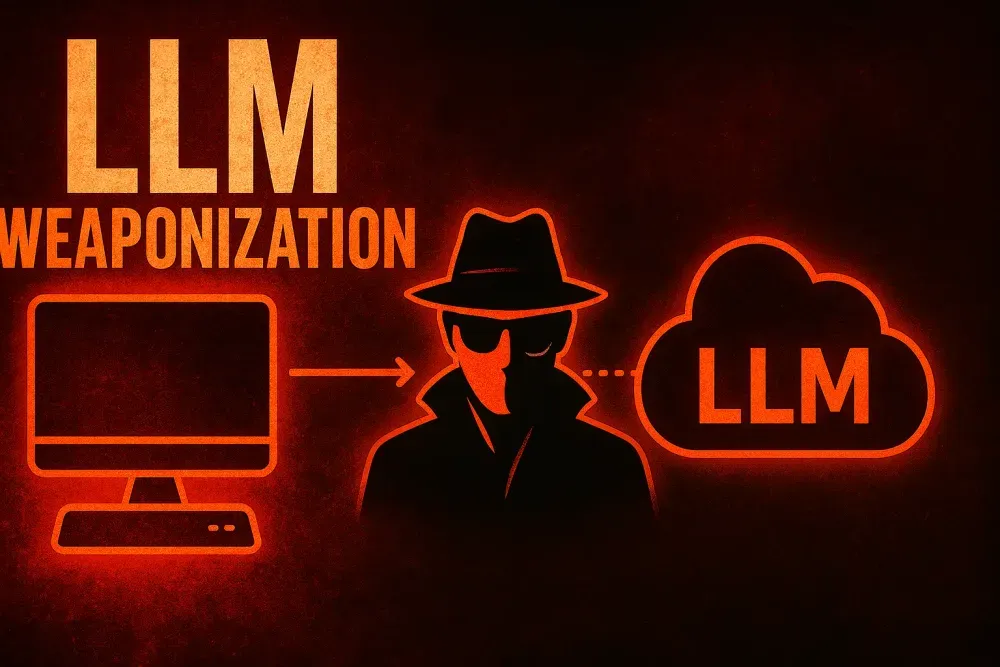Economic Decoupling and the Threat of Foreign LLMs
Ben Houston • 3 Minutes Read • April 4, 2025
Tags: ai
With President Trump's sweeping tariffs triggering retaliatory threats, we're likely witnessing the emergence of a great economic decoupling and the start of a digital cold war.
In that context, we should be aware that intercepting and influencing LLM communications and training is the perfect intelligence vector in the new decoupled world economy.

History Rhymes: Snowden 2.0 on the Horizon
Remember 2013? Edward Snowden revealed that the NSA wasn't just tracking terrorists -- they were systematically infiltrating communications of European officials and industries to gain economic advantages in trade negotiations. The US government deployed sophisticated tools to protect what they deemed the "national economic interest."
Fast forward to today. If the NSA considered intercepting emails between Airbus executives and European trade representatives worthwhile, imagine the value of tapping into the LLM-assisted strategic planning sessions at ASML, TSMC, or Deutsche Bank as economic tensions escalate.
The Perfect Intelligence Vector
LLMs have become our collective external brain -- executives, engineers, and even government officials are using them to:
- Workshop strategic responses to US tariffs
- Model economic scenarios
- Draft internal policies
- Explore competitive positioning
What makes this vector particularly dangerous is its psychological nature. Unlike email or messaging, when interacting with an LLM, users develop a false sense of privacy -- as if they're merely thinking aloud rather than transmitting sensitive data to remote servers potentially subject to foreign intelligence collection.
The Threat Matrix is Expanding
The threats come in two flavors, both equally concerning:
1. Passive Interception: Foreign intelligence services gaining access to the complete history of LLM conversations from targeted organizations or individuals. Unconfirmed reports suggest some agencies are already archiving all API calls to popular LLM services for future analysis.
2. Active Manipulation: Subtle alterations to LLM responses that nudge strategic thinking in directions favorable to foreign interests. This doesn't require sci-fi level capabilities -- just the ability to intercept and modify traffic or influence model training.
With reports that even high-level government strategy (including, allegedly, Trump's tariff framework) may have been developed with LLM assistance, the stakes couldn't be higher.
The Cognitive Dependency Trap
Research has consistently shown that reliance on AI systems leads to cognitive offloading and diminished critical thinking. As our dependency on these systems grows, our vulnerability to manipulation increases proportionally. When you're using an LLM to think through complex geopolitical and economic scenarios, subtle manipulations can have outsized impacts on decision-making.
The tech community has largely ignored this problem, focusing instead on capabilities rather than security and sovereignty. We're building faster cars without seatbelts on increasingly dangerous roads.
The Inevitable Evolution
Just as the Snowden revelations fundamentally altered how security professionals view digital communications, we're on the precipice of a similar awakening regarding AI systems.
When the inevitable "LLM-gate" scandal breaks -- revealing systematic interception and/or manipulation of strategic planning sessions conducted through these systems -- claiming ignorance won't be an acceptable defense. The writing is already on the wall.